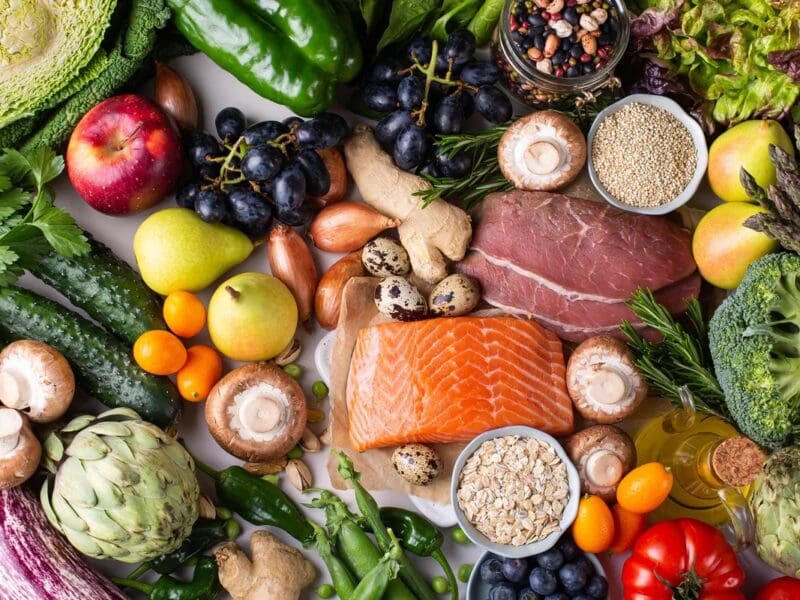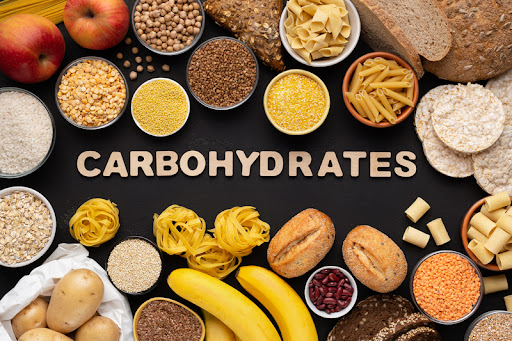
Vegan vs vegetarian: Your guide to deciding which diet is for you
Ever so often, our feeds are flooded with new & varied diets, so it’s only fair to get overwhelmed by them prior to falling into a dilemma of finding the right diet. But before deciding on one, it is important to realize that a diet is a lifestyle change – meaning it’s going to take a while, logically almost as long as you’re used to your current diet, before you adjust to your new diet.
A best practice before putting yourself through a specific diet can be researching its particulars and learning if it suits your morals & health. And vegan vs vegetarian has been the popular question in recent times.
Over the last half a decade or so, there’s been an increase in veganism & vegetarianism around the world as more & more people have started opting for exchanging animal products for plant-based products due to environmental or health concerns. However, there are still many who wonder the difference between the two, vegan vs vegetarian, and if they can make that transition from a meat-eater to a diet free of animal protein.
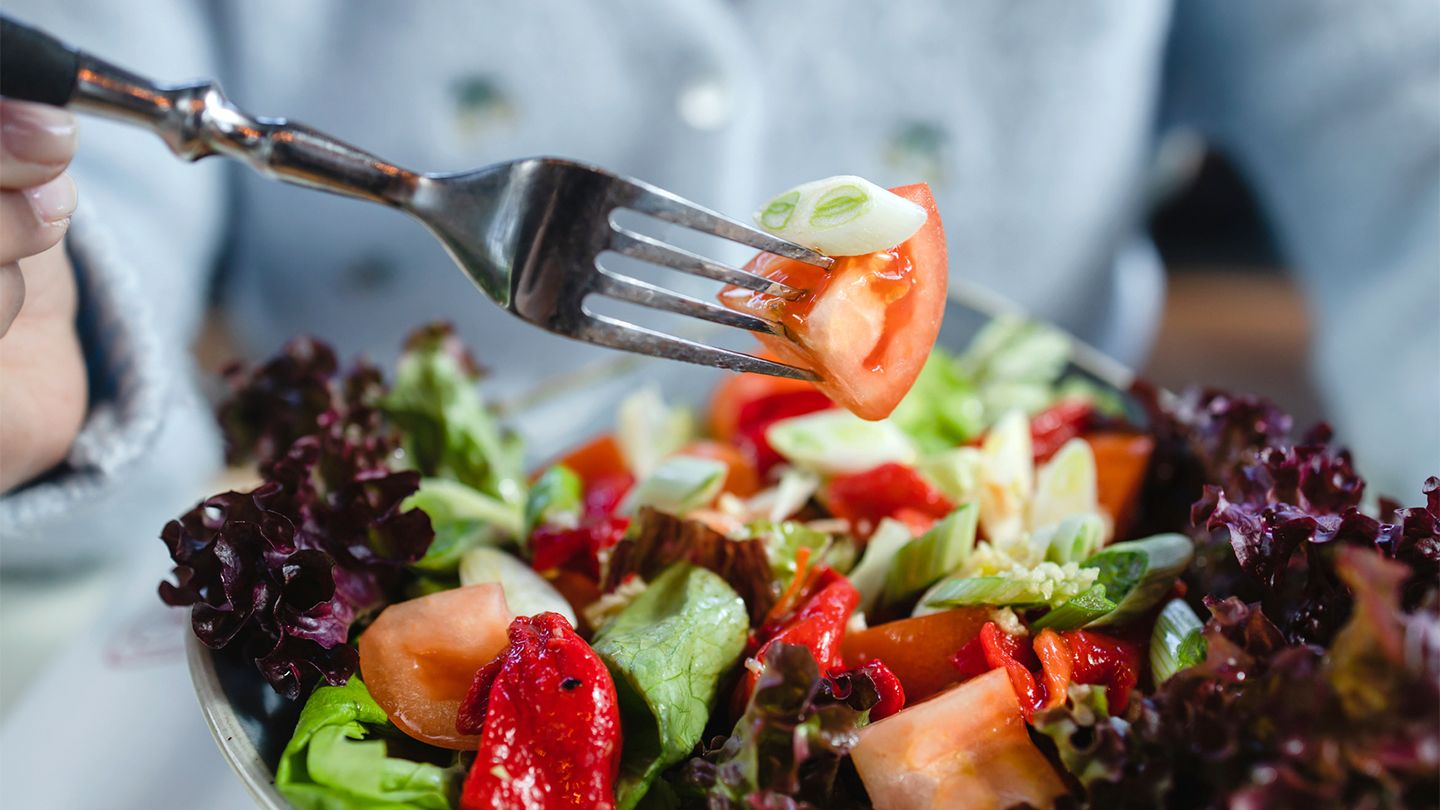
Vegetarian
What is vegetarianism? A vegetarian diet consists of shunning animal meat but not necessarily animal products. There are primarily two types of vegetarians – lacto & ovo-vegetarians, and a mix of the two are most popularly found.
Lacto-ovo vegetarians eat dairy products & eggs but avoid meat, poultry, and seafood. Lacto-vegetarians are the same but avoid eggs while ovo-vegetarians avoid dairy products.
Some experts suggest vegetarianism could be a stepping stone for veganism and could help in easing into the world of vegans instead of jumping right in. However, it totally depends from one individual to another as Henry Firth, founder & author of BOSH!, said: “I don’t think there is a right answer about whether to do it immediately or not, it’s about what’s right for you and what’s sustainable for your lifestyle.”
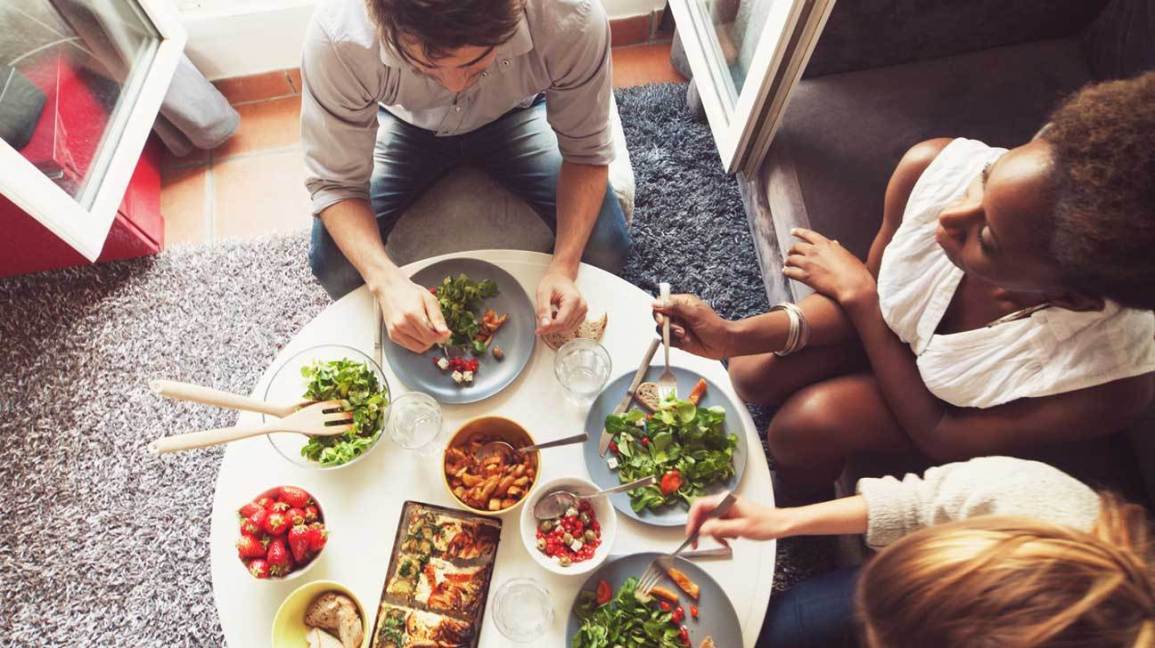
Vegan
A vegan diet avoids both animal meat & products including meat, seafood, poultry, dairy, and eggs. Most vegans choose this diet for moral & ethical reasons and therefore, are passionate for animal welfare. They avoid clothing made out of animal byproducts like leather & silk and opt for cruelty-free cosmetics.
Before converting to veganism, many don’t realize that some seemingly animal-free foods often contain small amounts of animal-derived products. For instance, most non-fat yogurts & jelly desserts often contain gelatin which is made with animal protein and some orange juice brands are fortified with omega-3 from fish.
Vegans tend to avoid honey as well, opting for other plant-based sweeteners like Stevia. Chocolates are a hit or miss with vegans as well due to most chocolate products containing animal milk or other dairy products.

Diet concerns
While they are perfectly healthy diets to follow, vegan & vegetarian diets like any other diets do contain a few nutritional concerns to keep in mind. For instance, dairy products are a major food source of calcium & vitamin D for many. Given the diet of vegans & ovo-vegetarians, there can be a deficit of those nutrients but can be overcome by eating lots of dark leafy greens and choosing foods that are fortified with calcium.
Supplements like Vitamin D & B12 are also frequently recommended to vegans & vegetarians since the nutrients are mostly naturally found in animal products like red meat.
Fortunately, vegans & vegetarians have tons of nutritious yet delicious foods to explore. A huge variety of vegetables, fruits, grains, nuts, and beans are suitable for both diets and vegans are open to some wonderful plant-based dairy substitutions.
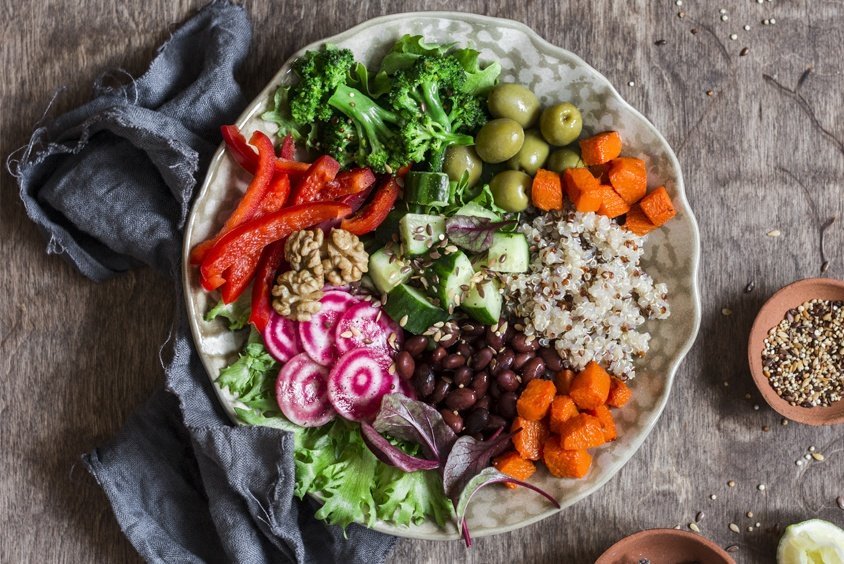
Vegan vs vegetarian
Still debating vegan vs vegetarian? If you’ve been a lifelong meat-eater, it might be easier to start by substituting one animal product at a time and slowly eliminate them from your diet.
Furthermore, trying various cuisines & recipes of vegetarian or vegan foods and finding your new favorite meals within them could help transition into your new diet in a positive way rather than viewing it as deprivation of certain foods.
However, don’t be too hard on yourself if you slip up on your diet. If you do end up eating meat or a meal with animal products in it, take the time to forgive yourself and rediscover the reason you went vegetarian or vegan in the first place.





